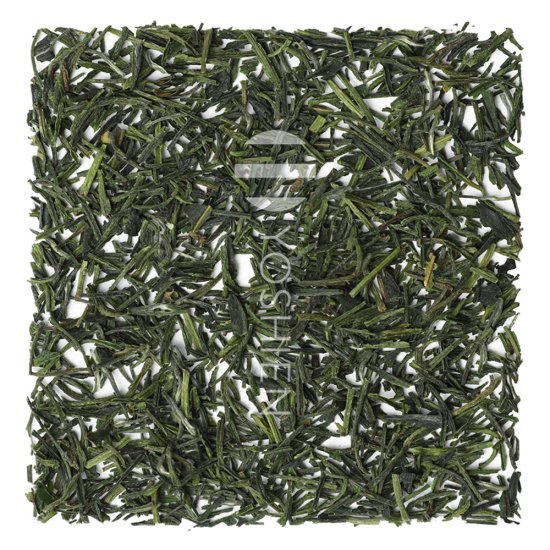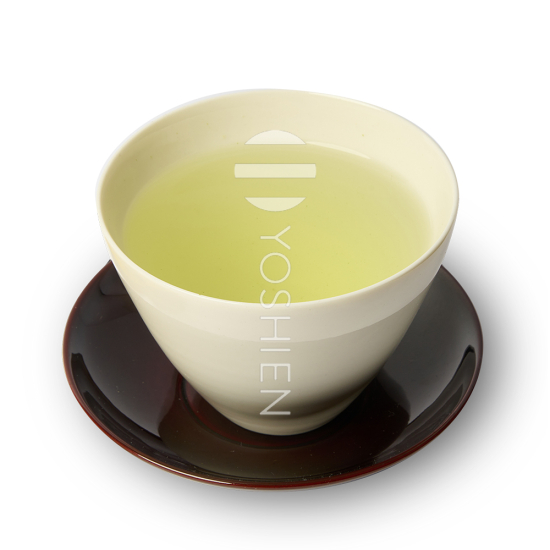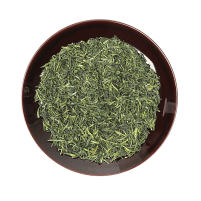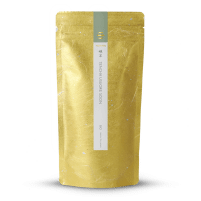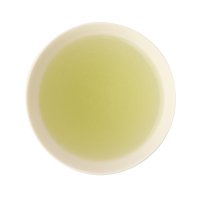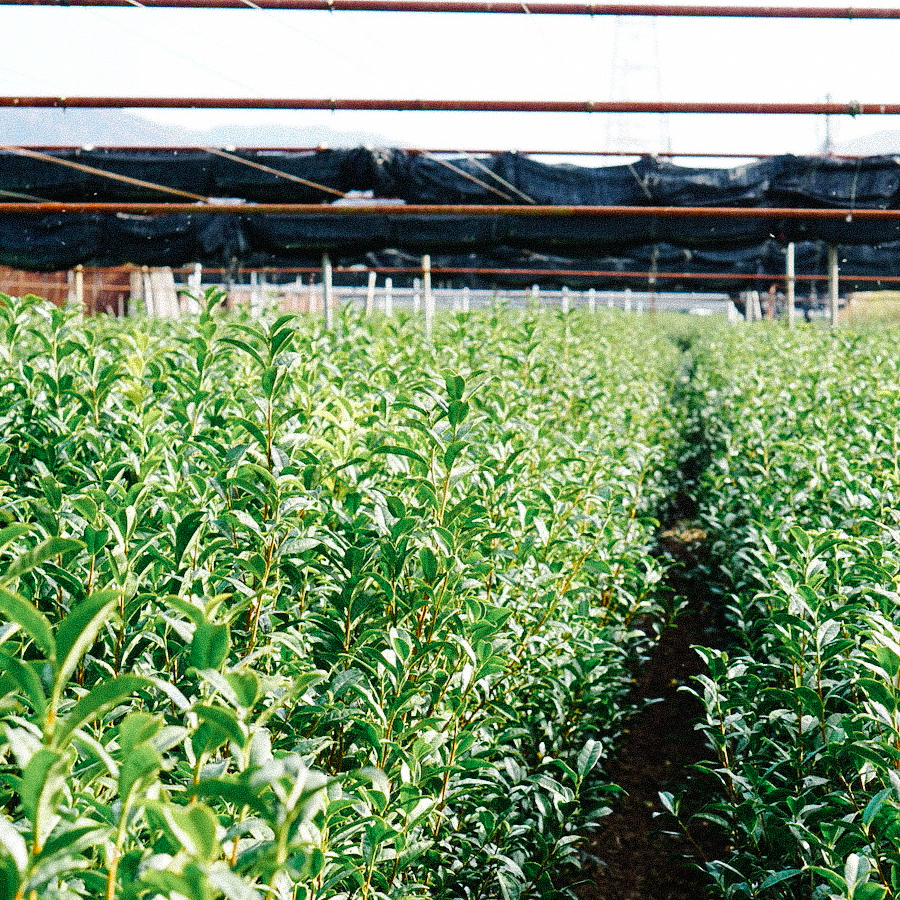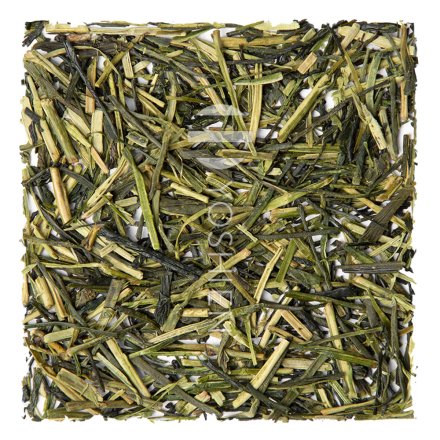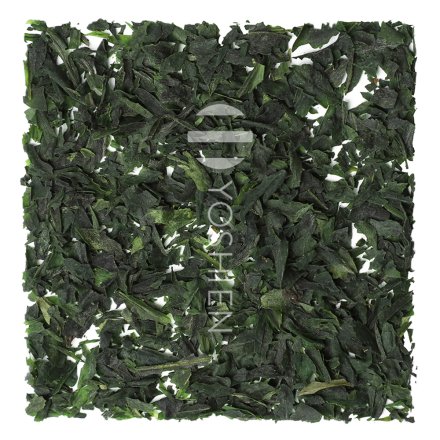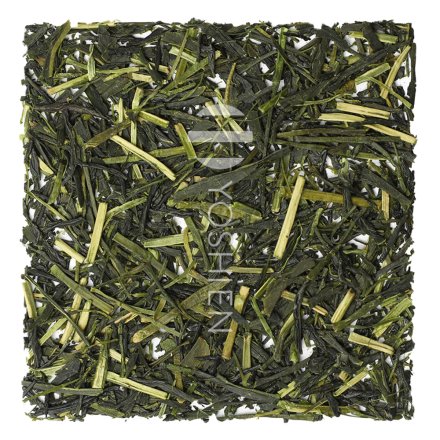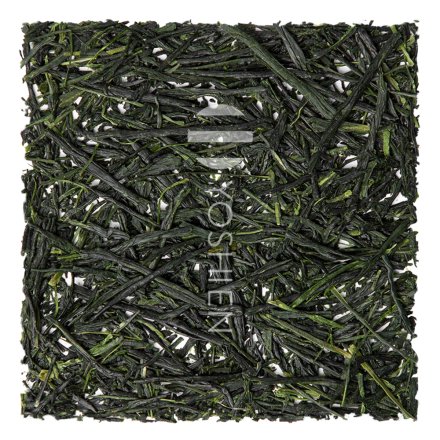Special features in location, cultivation and processing
Uji is considered the birthplace of Japanese tea culture, offering fertile soil for tea cultivation in the former floodplain of the Ujigawa River. Since the early medieval period, Uji has been renowned as Japan’s premier tea-growing region, and to this day, it continues to produce some of the country’s finest Matcha, Gyokuro, Sencha, and Hojicha. However, organic cultivation remains a rarity due to intense market competition, requiring years of experience to achieve the highly sought-after deep and harmonious umami flavour. Recently, the increasing international demand for high-quality organic Uji tea has begun to signal a shift, led by pioneering farmers such as ours.
Apart from the final grinding step, the Usuore Sōon Organic undergoes the same production process as the Matcha Sōon. In the last stage of Tencha production, the steamed and dried tea is separated in a special machine (Toh-Mi) using air currents, dividing it into the lighter leaf parts and the slightly heavier leaf stems and veins. The Usuore tea – the finest of all stem teas – is made from these stems and veins, while the leaf parts usually go on to become finished Tencha (Shiage Tencha, jap. 仕上碾茶), which is then ground into Matcha using traditional granite mills.
Single Origin
This tea comes 100% from the above-mentioned tea fields in Uji, directly sourced from the farmer.
Organic Certification





